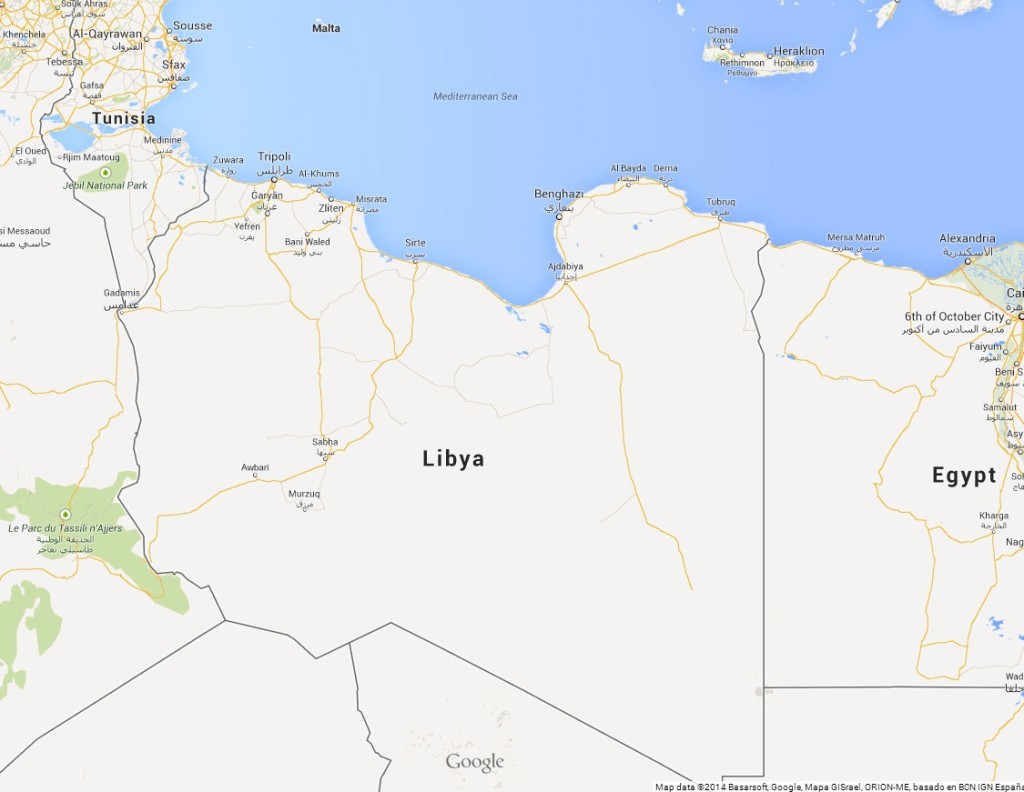
Libya’s internationally recognised government plans to boost oil production five-fold and will punish companies working with a rival cabinet striving to control the divided North African nation’s crude deposits.
Oil companies operating in Libya or seeking to do so must register with the National Oil Corp. controlled by the elected government based in the country’s eastern region, Deputy Prime Minister Abdussalam Elbadri said Wednesday at a conference in Valletta, Malta.
The NOC will refuse to renew the contracts of any companies that don’t support the elected government, NOC Chairman Nagi Elmagrabi said in an interview in Valletta. The country plans to boost crude output to 2 million barrels a day by 2020, he said.
“We will send letters to all the international companies that operate in Libya asking them to deal with the internationally recognized and legal government,” Elmagrabi said. “We will take measures based on their respective replies to the letter. If they continue to decline to cooperate with the legal government, we will stop their loadings once their contracts expire.”
Tribal and political disputes have almost completely halted onshore crude output in the western region, where a government backed by moderate Islamist militias has held power since last year. The nation’s elected government is based in the east, where some oil continues to be exported. Libya, with Africa’s biggest oil reserves, pumped about 1.6 million barrels a day of crude before the 2011 rebellion. It’s now the smallest producer in OPEC, producing 355,000 barrels a day in August, data compiled by Bloomberg show.
Like Libya’s political leadership, the NOC has competing eastern and western administrations that are trying to control energy facilities and fields.
The NOC’s eastern-based management is seeking to lift force majeure at oil ports in that region, Elmagrabi said in a speech, without giving dates for such a step.
Force majeure, a legal status protecting a party from liability if it can’t fulfill a contract for reasons beyond its control, was declared at the two ports in December after they came under attacks.
Recommended for you
